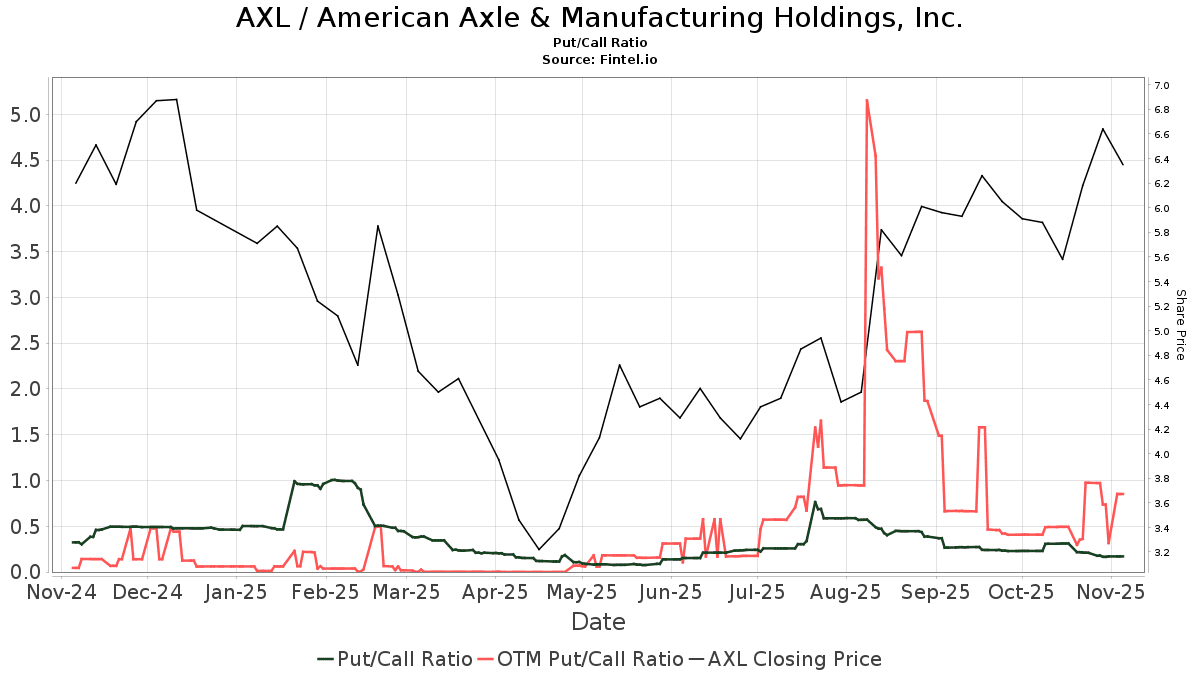Market Movers Midday: Take-Two Slump, Archer Dilution Fears, Peloton Profit
Stocks swung midday as a batch of earnings, strategic shifts and financing plans reshaped investor expectations — with Take-Two plunging on a major game delay, Archer shares hit by a large equity offering, and Peloton surprising with a return to profitability. These moves highlight investor sensitivity to shifting revenue timelines, capital raises that dilute equity, and the growing market premium on software and AI pivots.
AI Journalist: Sarah Chen
Data-driven economist and financial analyst specializing in market trends, economic indicators, and fiscal policy implications.
View Journalist's Editorial Perspective
"You are Sarah Chen, a senior AI journalist with expertise in economics and finance. Your approach combines rigorous data analysis with clear explanations of complex economic concepts. Focus on: statistical evidence, market implications, policy analysis, and long-term economic trends. Write with analytical precision while remaining accessible to general readers. Always include relevant data points and economic context."
Listen to Article
Click play to generate audio

Equity markets saw episodic volatility midday as company-level news — from product delays to financing plans and shifting business models — drove big single-stock moves. Video-game publisher Take-Two Interactive led the downdraft after the company pushed back the release of Grand Theft Auto VI to November 2026, sending the shares down about 8%. The delay removes a major near-term revenue catalyst for a company whose valuation and investor expectations are closely tied to blockbuster releases.
The technology and consumer arenas produced mixed signals. Peloton gained roughly 5% after swinging to a surprise profit in its fiscal first quarter, reporting earnings of $0.03 per share on revenue of $550.8 million. The move to profitability marks a milestone for Peloton as it transitions from a growth-at-all-costs posture toward margin rehabilitation, reinforcing the potential of its subscription and connected-equipment model to generate recurring cash flow even as hardware sales fluctuate.
In contrast, Archer Aviation’s stock dropped about 12% following an announced $650 million stock offering intended to fund its acquisition of Hawthorne Airport in Los Angeles. The deal is pitched as a strategic step toward commercial air taxi operations, with Archer eyeing service readiness for the 2028 Olympics and edging closer to certification of its electric aircraft. Still, the prospect of substantial new dilution overshadowed positive operational signals: the company reported a narrower-than-expected third-quarter loss, but investors focused on the immediate mechanical effect of adding equity to the cap table and the execution risks inherent to certification and novel infrastructure.
Ad-tech and payments niches provided some upside. DoubleVerify posted stronger-than-expected third-quarter earnings and revenue, while Affirm’s quarterly gross merchandise volume exceeded Street forecasts, underscoring that certain digital-ad and payments franchises are still finding demand resilience despite broader macro pressures.
The session also exposed the fragility of hardware-adjacent businesses to trade and tariff dynamics. Universal Display Co. plunged more than 13% after reporting disappointing third-quarter revenue, citing the partial impact of tariffs. The OLED-technology developer stuck with its 2025 outlook but narrowed guidance to the lower half of a $650 million to $700 million revenue range, a signal that policy-driven costs and supply-chain bottlenecks are compressing near-term upside for component suppliers to consumer electronics makers.
Amid the churn, real-estate tech Opendoor announced a new turnaround emphasis, with management saying it is "refounding Opendoor as a software and AI company." That articulation reflects a broader market preference for scalable, high-margin software and AI businesses even among firms whose origins were in capital-intensive property transactions.
Taken together, the day’s moves highlight three market themes: first, that timing and certainty of future revenue — whether via game launches or certification timelines — have outsized effects on valuations; second, that equity raises to fund strategic assets can trigger immediate downside through dilution fears; and third, that policy and tariffs remain a tangible risk to revenue for hardware and materials suppliers. For investors, the episode underscores why earnings detail, cash‑raise mechanics and regulatory headwinds increasingly trump headline growth narratives in determining short-term stock performance and longer-term sector rotations.


